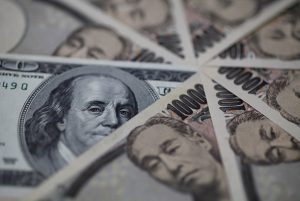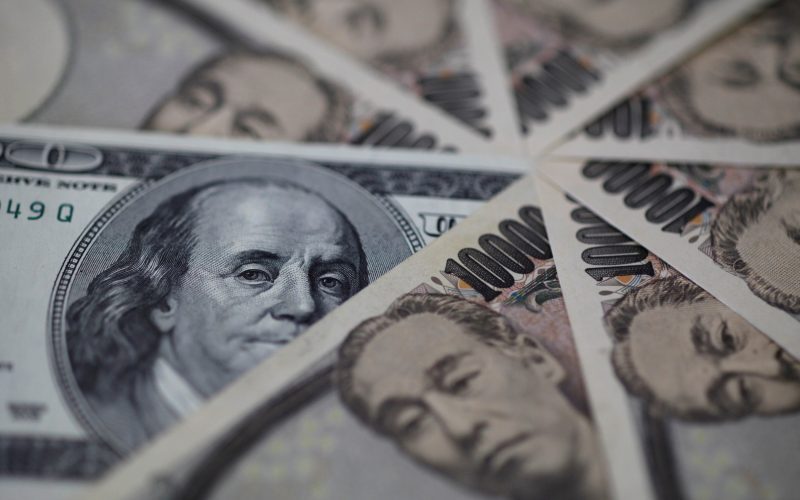Donald Trump’s presidency has been one of the most polarizing in modern American history. While his base consists of a wide range of socio-economic groups, one notable segment includes several high-profile billionaires. This article explores the reasons behind their support, analyzing the intersection of personal interests, economic policies, and political ideologies that drive their endorsement.
Economic Policies Favoring the Wealthy

Tax Cuts and Jobs Act of 2017
One of the cornerstone achievements of Trump’s administration was the passage of the Tax Cuts and Jobs Act (TCJA) in 2017. This legislation significantly reduced corporate tax rates from 35% to 21%, which provided substantial savings for businesses and their wealthy owners. Billionaires benefited directly from these tax cuts, which increased their net incomes and provided more capital for reinvestment and personal expenditure.
Deregulation
Trump’s administration pursued aggressive deregulation across various sectors, including finance, energy, and environmental regulations. This reduction in regulatory constraints allowed businesses to operate with fewer restrictions, potentially increasing profitability. For billionaires with substantial investments in these industries, such deregulation presented opportunities for enhanced returns on their investments.
Political Ideology and Personal Beliefs
Capitalism and Free Market Advocacy
Many billionaires are staunch advocates of capitalism and free-market principles, which align with Trump’s economic philosophy. Trump’s policies, focused on reducing government intervention and promoting business interests, resonate with their belief in minimal state interference in the market. This alignment of ideologies reinforces their support for Trump as they see his policies as conducive to economic growth and personal wealth accumulation.
Nationalism and Protectionism
Trump’s “America First” stance, emphasizing nationalism and protectionism, appeals to certain billionaires who believe in prioritizing American interests. This perspective includes reducing dependency on foreign markets and enhancing domestic production capabilities. Billionaires invested in American industries may see protectionist policies as a way to boost their businesses by reducing foreign competition.
Influence and Access
Political Influence
Supporting a sitting president can provide billionaires with increased political influence. Trump’s administration was known for its openness to engaging with business leaders, offering them opportunities to shape policy decisions. Billionaires who support Trump may gain privileged access to the corridors of power, allowing them to advocate for policies beneficial to their interests.
Appointments and Advisory Roles
Several billionaires were appointed to key advisory roles within Trump’s administration, offering them direct influence over policy-making. For example, Wilbur Ross, a billionaire investor, served as the Secretary of Commerce. Such appointments not only enhance their personal power but also provide them with the ability to impact the direction of national economic policy.
Social and Cultural Factors
Media and Public Perception
Billionaires often have significant media presence and influence public opinion. By supporting Trump, they can leverage their media platforms to shape public perception in favor of policies that benefit them. Furthermore, Trump’s populist rhetoric often appeals to a broad audience, which billionaires can tap into to bolster their own public image and support base.
Personal Relationships
Personal relationships play a critical role in the support that billionaires offer to Trump. Long-standing friendships, business partnerships, and social connections can influence their political allegiance. Trump’s background as a businessman and his extensive network within elite circles create a natural alignment with other wealthy individuals.
Comparative Analysis Table
| Reason | Description | Impact on Billionaires |
|---|---|---|
| Tax Cuts and Jobs Act of 2017 | Significant reduction in corporate tax rates from 35% to 21%. | Increased net incomes, more capital for reinvestment and personal expenditure. |
| Deregulation | Reduction in regulatory constraints across various sectors. | Enhanced profitability and returns on investments, particularly in finance, energy, and other deregulated industries. |
| Free Market Advocacy | Alignment with Trump’s economic philosophy of reducing government intervention. | Support for policies conducive to economic growth and personal wealth accumulation. |
| Nationalism and Protectionism | Emphasis on “America First” policies, reducing dependency on foreign markets. | Potential boost to American industries and reduction of foreign competition, enhancing domestic business opportunities. |
| Political Influence | Increased political influence through support for the sitting president. | Privileged access to policy-making processes, advocating for beneficial policies. |
| Appointments and Advisory Roles | Key advisory roles and appointments within Trump’s administration. | Direct influence over national economic policy, enhancing personal power and policy impact. |
| Media and Public Perception | Leverage of media platforms to shape public opinion and bolster support for Trump. | Enhanced public image and support base, influence over public discourse in favor of beneficial policies. |
| Personal Relationships | Influence of personal relationships, long-standing friendships, and business partnerships. | Natural alignment with Trump due to shared business background and elite network, strengthening political allegiance. |
Analysis Table
| Factor | Trump’s Policies | Impact on Billionaires |
|---|---|---|
| Economic Policy | Tax cuts, deregulation | Increased wealth, profitability, and capital for investment |
| Political Ideology | Free market, capitalism, minimal government intervention | Alignment with beliefs, support for economic policies promoting growth |
| Nationalism | “America First,” protectionism | Boost to domestic industries, reduced foreign competition |
| Influence and Access | Political influence, advisory roles | Privileged access to policy-making, ability to shape national economic policy |
| Social and Cultural | Media leverage, public perception | Enhanced public image, influence over public opinion in favor of beneficial policies |
| Personal Relationships | Friendships, business partnerships | Natural alignment with Trump, strengthened political allegiance |
Conclusion
The support of billionaires for Donald Trump is multifaceted, involving a blend of economic benefits, political ideologies, personal beliefs, and strategic influence. Trump’s policies on tax cuts, deregulation, and protectionism directly benefit the wealthy, aligning with their economic interests and belief in free-market capitalism. Additionally, the influence and access gained through supporting a sitting president, combined with the leverage of media and personal relationships, create a compelling case for their allegiance.
Understanding these dynamics provides insight into the broader implications of billionaire support for political figures and the resultant impact on national policy and socio-economic structures. As the political landscape continues to evolve, the interplay between wealth and power remains a critical area for scrutiny and analysis.












